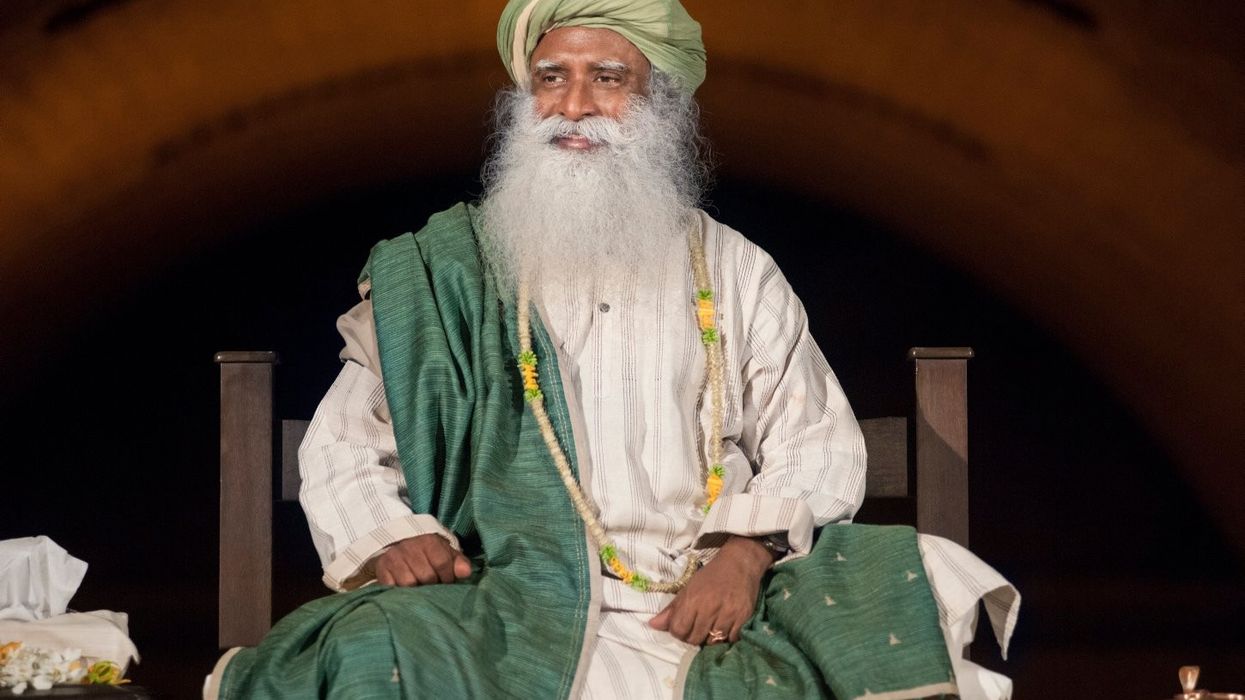BORIS JOHNSON has pledged to deliver an "infrastructure revolution" to help Britain build its way out of the economic devastation of the coronavirus outbreak.
"This government will shortly bring forward the most radical reforms of our planning system since the end of the second world war," the prime minister said in a speech in central England on Tuesday (30).
"We will build, build, build. Build back better, build back greener, build back faster."
The UK cannot remain "prisoners of this crisis", Johnson added.
"If the Covid crisis has taught us one thing, it's that this country needs to be ready for what may be coming, and we need to be able to move with levels of energy and speed that we have not needed for generations," he said.
"We must work fast because we've already seen the vertiginous drop in GDP, and we know that people are worried now about their jobs and their businesses."
But his optimistic messages -- thin on detail and reminiscent of last year's election pledges -- were overshadowed by the first local lockdown since an easing of measures was announced, because of a spike in cases in the city of Leicester.
Shops which only reopened two weeks ago after being shut for more than three months were forced to close again, and travel was restricted to the city in the English East Midlands.
Johnson, however, tried to harness the can-do spirit that US president Franklin D. Roosevelt adopted when he introduced a "New Deal" for tackling the Great Depression 90 years ago.
"This is a programme for jobs, jobs, jobs because it's by building, building, building... that we will get the jobs this nation needs," he said after touring a construction site in Dudley, 40 miles (64 kilometres) away in the West Midlands.
"It sounds like a New Deal, and all I can say is, if that is so then that is how it is meant to sound and to be because that is what the times demand."
He promised £1 billion for school repairs and a further £4 billion for "shovel-ready" projects from road maintenance to public transport in what he said was a new "infrastructure revolution" that will also build new homes.
Spreading the wealth
Johnson's message was thin on detail, particularly on jobs, and in part repackaged broad-brush promises made by his Conservative party before December's general election.
He pledged again to spread the wealth more fairly from London to economically struggling regions that traditionally supported the opposition Labour party.
"Too many parts of this country have felt left behind, neglected, unloved," he said.
That pledge helped Johnson secure a record 80-seat parliamentary majority that enabled him in January to take Britain out of the European Union after repeated delays.
But Britain is now dealing with Europe's deadliest virus outbreak and the worst economic contraction among the Group of Seven (G7) leading industrialised states.
Johnson's once soaring approval ratings slipped into negative territory in a YouGov poll this month.
And opposition leaders said the £5 billion announced on Tuesday was simply bringing forward some of the money promised in a spending plan his government had already unveiled for the coming five years.
"The government's refusal to genuinely emulate Roosevelt's boldness is a missed opportunity," the Labour-supporting New Statesman magazine wrote.
The Financial Times said Roosevelt's New Deal "spawned mega-projects such as the Hoover Dam" but Johnson's list of priorities included repairing a bridge near Birmingham.
Johnson's rambunctious style and oratory flourishes have appealed to Britons tired of ceaseless battles over Brexit that dragged on for nearly four years.
The 56-year-old former journalist remains popular in his party and has commanding control of Britain's political agenda.
But he has faced criticism for Britain having the world's third-highest virus death toll in the outbreak -- now officially at 43,575 -- and one of Europe's longest lockdowns.
Labour leader Keir Starmer accused Johnson on Monday of falling "asleep at the wheel" -- and the Leicester lockdown will be a further test of his strategy to fight the disease.
It will mean the city's pubs and restaurants will not fully reopen along with those across the rest on England from this weekend.
Johnson had expected the reopening, along with swathes of the tourism and cultural sectors, to help kick-start the country's stalled economy.
Revised official data released on Tuesday indicated the country has suffered its biggest quarterly contraction for more than 40 years, as the pandemic slashed activity.
Gross domestic product shrank 2.2 per cent in the first quarter compared to the three previous months, with second quarter data likely to be even worse.
Recent data showed UK economic activity crashed by a record 20.4 per cent in April, and there are widespread predictions of a deep, long-lasting recession.


















Ten million stories of migration to Britain